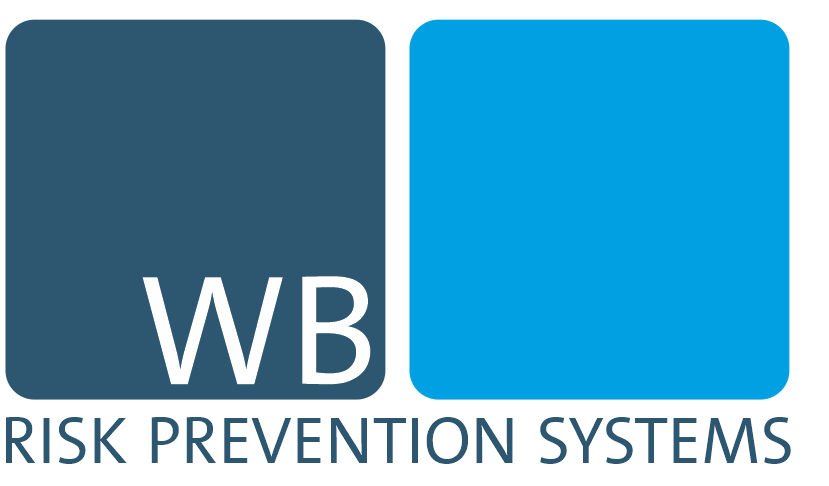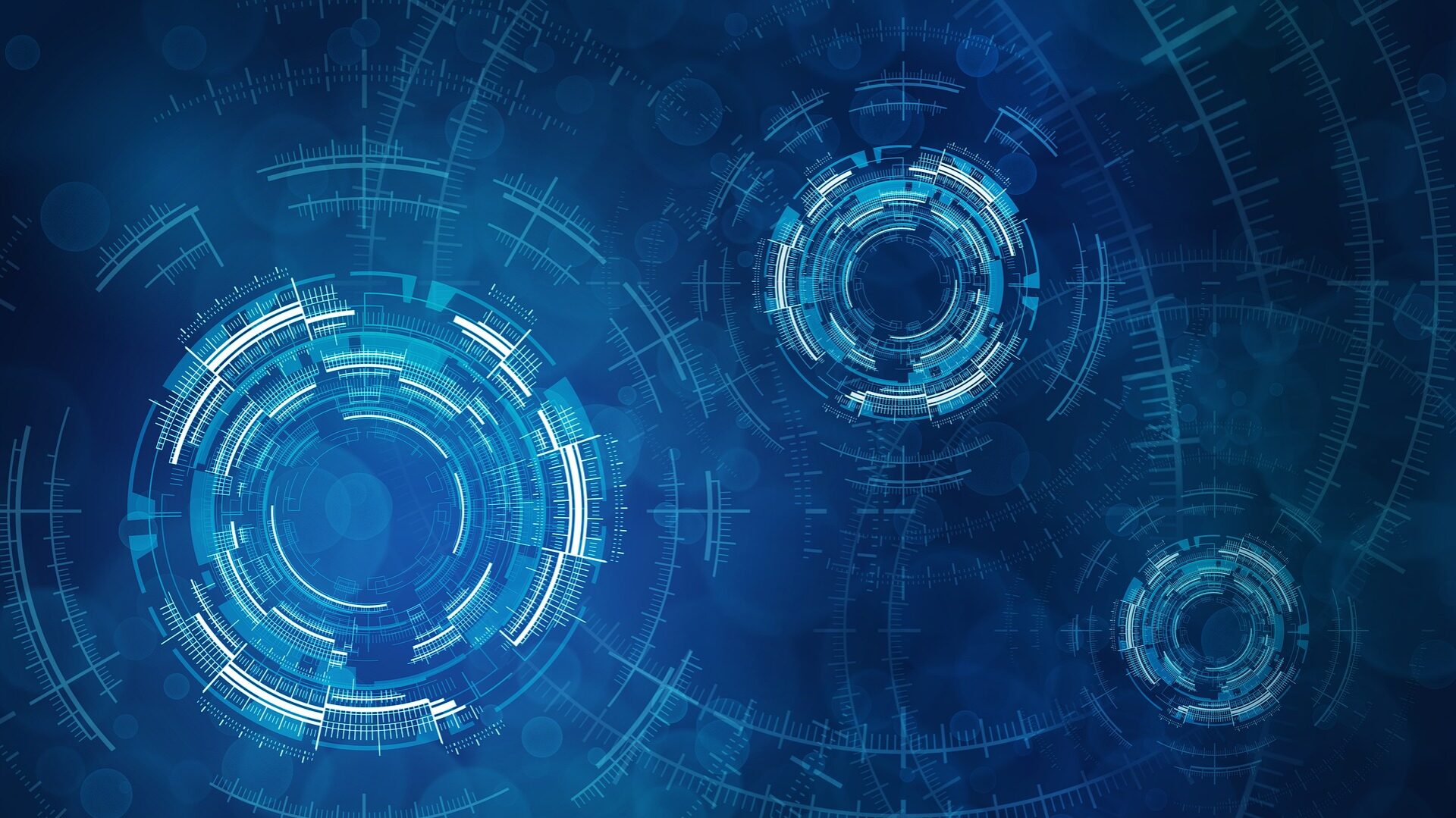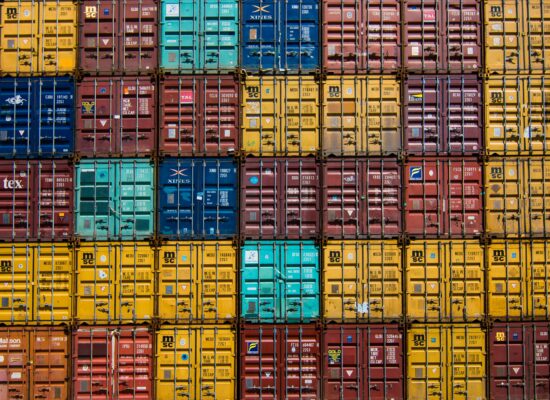Volker Klosowski ist Spezialist für technische Prüfungen und Zertifizierungen. In unterschiedlichsten Industrien sammelte der Diplomingenieur Erfahrungen mit Risikoprävention und Notfallmanagement. Als Mitglied internationaler Kommissionen beschäftigte er sich mit Störfällen und Anlagensicherheit.
Sie haben fast 25 Jahre in Führungspositionen beim TÜV Nord bzw. beim TÜV Rheinland gearbeitet. Was waren wichtige Lessons Learned für Ihre heutige Aufgabe im WB Risk Prevention Systems Team?
Volker Klosowski: Man sollte aus Fehlern lernen und sich auch nie zu schade sein, über Fehler zu sprechen. Im Austausch mit Menschen, die in der Regel schlauere Ansätze haben als man selbst, sollte man Lösungswege suchen, um eine bessere Zukunft zu gestalten. Man braucht einen guten Instinkt, um die richtigen Teams zusammenstellen zu können und muss die Einzelnen dazu bringen, über das Erfahrene zu sprechen. Daraus leitet man schließlich verbindliche Aktionen ab. Die Ergebnisse sollten in Kennzahlen messbar und damit überprüfbar sein. Am Ende des Prozesses weiß man dann sehr genau, ob das vereinbarte Ziel erreicht wurde. Last but not least sind Zuversicht und Optimismus die Basis für ein erfolgreiches Risikomanagement.
Im WB Risk Prevention Systems Team blicken alle Partner auf jahrzehntelange Erfahrungen mit Krisen zurück. Aber jeder bringt auch eine gewisse Spezialisierung mit. Worauf liegt Ihr Fokus?
Klosowski: Mein Fokus liegt auf dem systemischen Ansatz. Ich bin sehr stark in der Analyse, der Strukturierung und Beherrschung von Komplexität sowie im Benchmark-Vergleich mit ähnlichen Situationen und Systemen. Und dann geht es um eine weitere Stärke: Attacke. Ich bin bei der Umsetzung eher ein Verfechter des 80-Prozent-Ansatzes. Ich will nicht so lange analytisch und wissenschaftlich arbeiten, bis ich aus 80 Prozent irgendwann mal 96 Prozent machen kann. Gegebenenfalls ist die Krise dann nämlich schon lange nicht mehr beherrschbar.
Die meisten deutschen Unternehmer haben erstmals Erfahrung mit einer Pandemie gemacht. Was ist für Sie 18 Monate nach dem Beginn eine zentrale Erkenntnis?
Klosowski: In der Pandemie haben wir viel zu spät darüber gesprochen, dass es eine Pandemie ist. Wir hatten dann nur eine kurze Zeit, um gegenzusteuern. Genau das macht die Prävention so wertvoll. Man sollte Risiko-Szenarien durchgespielt haben, um für den Ernstfall gerüstet zu sein. Das ist wie beim Segeln. Man muss alle Manöver wie Wende und Halse sicher beherrschen und an Bord kontinuierlich Disziplin leben, um auch im Sturm sicher segeln zu können.
Was war bislang die größte Krise, die Sie managen mussten?
Klosowski: Vorab: Ich mag den Begriff Krise überhaupt nicht, weil er so negativ behaftet ist. Jede gemeisterte Herausforderung, die wir mal mit dem Begriff Krise beschrieben haben, macht einen ja stärker, emotional gefestigter und zufriedener. Ich erinnere mich noch sehr gut an den tödlichen Unfall eines Lkw-Fahrers, der einen Druckbehälter befüllt und dabei einen Fehler gemacht hatte. Der Tank explodierte, dabei wurde der Fahrer getötet. Als junger Ingenieur beim TÜV musste ich diesen Unfall untersuchen. Ich durfte dann ein Regelwerk schreiben, habe mit internationalen Gase-Industrieunternehmen Produkte entwickelt, Trainings aufgesetzt, Managementprozesse definiert, um durch Technik, eine saubere Kommunikation sowie ein höheres Maß an Verantwortung die Leute zu qualifizieren und durch eine saubere Vorgabe von Prozessen sicherzustellen, dass sich solche Unfälle nicht wiederholen.
Anders als wir in Deutschland haben Sie schon mit der Vogelgrippe 2009 in Taiwan eine Pandemie erlebt und waren an der Entwicklung und Umsetzung organisatorischer Konzepte und technischer Instrumente beteiligt.
Klosowski: Der Taiwanesische Zoll war damals ein Zertifizierungskunde vom TÜV, den ich als zuständiger Vorstand besucht habe. Bei unserem Gespräch ging es auch um die Herausforderung, wie man Ein- und Ausreise am internationalen Flughafen während der Vogelgrippe systematisch überwachen kann. Auf der Messe in Frankfurt hatte der TÜV zuvor als Gimmick Kameras aufgestellt, mit denen man über Infrarot die Temperatur messen konnte. Heute kennt das jeder, damals war es eine Innovation. Diese Technologie haben wir dann erstmals weltweit für die kontinuierliche Temperaturmessung am Flughafen genutzt. Es zeigt auch, dass ein Blick über den Tellerrand immer hilft.
Sie waren Mitglied in internationalen politischen Gremien, etwa der Störfallkommission und der Kommission für Anlagensicherheit. Inwiefern sind diese Erfahrungen wertvoll für das Risk Prevention Systems Team?
Klosowski: Mit Änderung der weltweiten Sicherheitsphilosophie hat sich der Fokus bei der Kommission für Anlagensicherheit auf das Thema Prävention verlagert. Dadurch haben wir größere Wirkmechanismen als bei den reinen Störfällen analysiert. Diese evolutionäre Veränderung durfte ich miterleben und auch mitprägen. Gelernt habe ich vor allem die unterschiedliche Methodik verschiedener Industrien, sich mit Risiken und Sicherheit auseinanderzusetzen. Die chemische Industrie etwa tickt anders als die Landwirtschaft. Wenn zum Beispiel ein Landwirt auf seinem Hof mit einer Biogasanlage arbeitet, weiß er gar nicht, dass er sich gegebenenfalls in eine höhere Gefahr begibt als beim Besuch einer Raffinerie. Der Landwirt würde jedoch die Raffinerie als viel gefährlicher als seine Biogasanlage einstufen. Die technische Bewertung beider Systeme mag ähnlich sein, doch der Mensch ist häufig der bestimmende Faktor für die Eintrittswahrscheinlichkeit eines Unglücks.
Sie sind seit fast sechs Jahren bei Dr. Wamser + Batra. Was sind Ihre aktuellen Projekte im WB Risk Prevention Systems Team?
Klosowski: In Indien befinden sich die Unternehmer aktuell im Risiko- oder Krisenmodus, sind aber darauf gepolt, dass der Markt große Chancen bietet. Der Krisenmodus sagt, rausgehen aus Indien. Der Strategiemodus empfiehlt jedoch das Bleiben. In diesem Widerstreit bin ich jetzt für einige Unternehmer der Sparringspartner, um Risiken und Chancen abzuwägen. Das ist auch eine Art Risk Prevention, die aus meiner Sicht die größte Herausforderung für Manager ist. Als Top-Managementkompetenz reicht es nicht mehr aus, den Umgang mit Finanzkennzahlen zu beherrschen. Die Komplexität der Rahmen- und Randbedingungen hat deutlich zugenommen an Menge, Schnelligkeit und Dynamik.
WB ist nicht das einzige Unternehmen, das im Bereich Risk Prevention Systems tätig ist. Wie bewerten Sie die Konkurrenzsituation und was ist der USP Ihres Teams?
Klosowski: Mit WB Risk Prevention Systems bewegen wir uns in einem sehr jungen, stark fragmentierten Markt. Aktuell ist die Wiese groß genug, dass alle Kühe satt werden. Da gibt es die Milchkuh, die Fleischkuh, die Biokuh…Wir sind ein hochspezialisierter Nischenanbieter. Alle im Team haben nachweislich und persönlich sehr unterschiedliche Krisen und Risikosituationen erlebt. Daraus haben wir Lebenserfahrung und Lebensmut gewonnen. Die Schlüsse, die wir gezogen haben, teilen wir offen und ehrlich mit Kunden, die Rat suchen. Uns verbindet die Leidenschaft für die Themen Risikoprävention und Notfallmanagement und eine große Neugierde, wie die anderen Teammitglieder mit ein und derselben Fragestellung umgehen. Dieser Ansatz ist einzigartig.
Wie würden Sie den Markenkern beschreiben?
Klosowski: Wir führen einen ehrlichen Dialog auf Augenhöhe, hören zu, verstehen und können in einen Setzkasten von Erfahrungen schauen und entwickeln daraus erste Lösungsideen. Wir sagen nicht, wie schlecht es dem Kunden geht.
Wenn Sie Methodenkompetenz und Erfahrung gewichten müssten, welches Kriterium trägt wieviel zum Erfolg bei?
Klosowski: Die Erfahrungskurve ist am wichtigsten, die Methodenkompetenz kann man lernen. Gewichten würde ich die Kriterien mit 70 zu 30 Prozent. Methodenkompetenz beherrscht auch der Computer. Ich habe mich auch viel mit Künstlicher Intelligenz beschäftigt. IBMs Watson etwa kann Managementempfehlungen geben, indem er die verfügbaren Daten und Informationen schneller als das menschliche Gehirn verarbeiten kann, übersetzt, clustert, strukturiert, daraus logische Fäden spinnt, etwas weiter rechnet und daraus Zugriffsprognosen mit einer gewissen Eintrittswahrscheinlichkeit ableitet. Letztlich gibt der Computer eine Empfehlung, überlässt aber dem Manager die Entscheidung, ob er den Weg geht oder nicht. Da kommt die Erfahrung ins Spiel, die kein Computer ersetzen kann. Die können nur Menschen einbringen und das ist der Wert von WB Risk Prevention Systems.
Sie möchten sich mit Volker Klosowski austauschen? Schreiben Sie uns!





